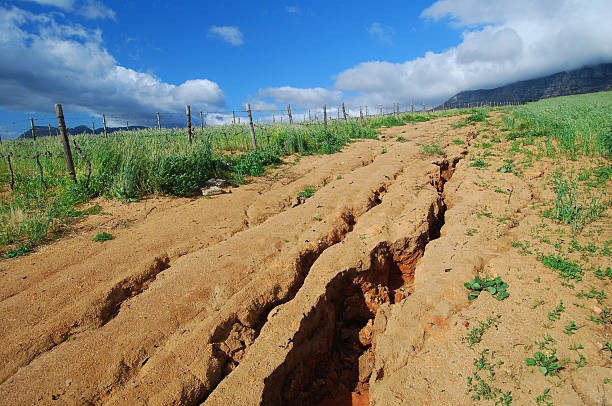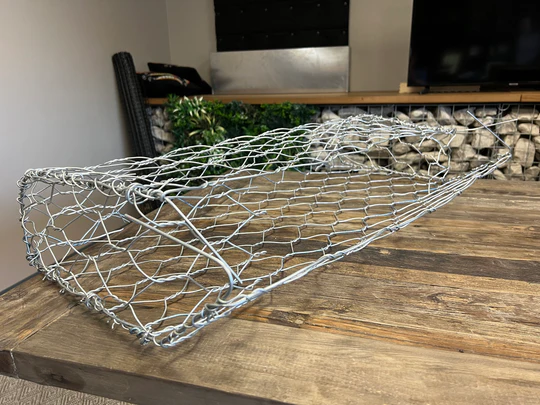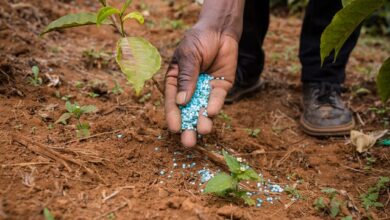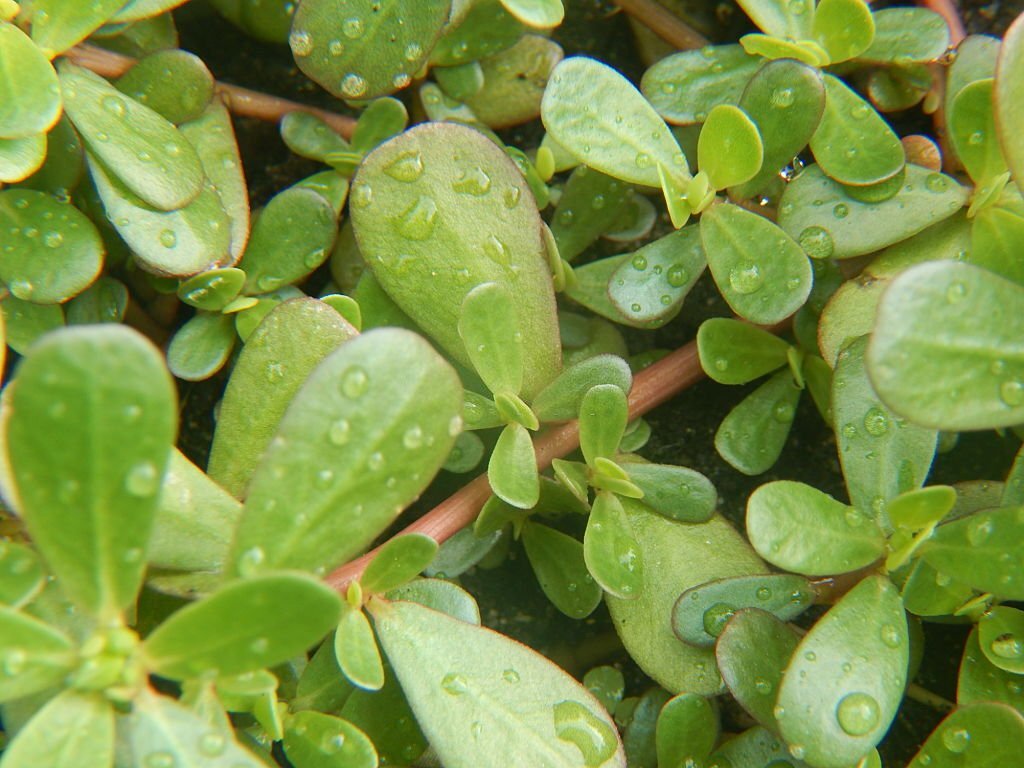How to Prevent Erosion in Agriculture?

Erosion is a natural process involving the movement of topsoil, rock, and other materials due to wind, water, or ice. Topsoil, rich in nutrients and organic matter, is essential for healthy plant growth. Water erosion is a common form of erosion in agriculture, caused by the impact of rainfall and surface runoff. Wind erosion, on the other hand, results from the movement of soil particles by the force of wind. Both forms of erosion can significantly degrade soil quality and disrupt farming operations.
Preventing Erosion with Gabions
Gabions are a proven and effective method to prevent erosion in agricultural areas. Gabions are wire mesh baskets or cages filled with rocks, stones, or other locally available materials. They can be used to stabilize slopes, channel water, and reduce the impact of runoff. When strategically placed, gabions slow down the velocity of flowing water, allowing sediment to settle out before it can cause erosion.
Here’s how to effectively use gabions for erosion control:
Site Assessment: Identify areas prone to erosion, such as slopes, gullies, or riverbanks, and assess the severity of erosion. This helps determine the proper size and placement of gabions.
Gabion Design: Choose the right size and shape of gabions for the specific site conditions. Proper design ensures that the gabions trap sediment effectively and slow water flow.
Installation: Place gabions in a way that diverts water and prevents concentrated flow. To reduce bank erosion, they can be stacked to create terraces on slopes or lined along riverbanks.
Material Selection: Fill gabions with locally available, durable materials like rocks or gravel. Avoid using materials that could degrade or decay over time.
Maintenance: Regularly inspect gabions for damage, displacement, or clogging. Repair or replace damaged components as needed to maintain their effectiveness.
Other Ways to Prevent Erosion
While gabions are a valuable tool, there are other effective strategies to prevent erosion in agriculture:
Cover Crops: Planting cover crops like grasses, legumes, or cereals between cash crops can protect the soil from erosive forces. These plants have extensive root systems that bind soil particles, reducing erosion risk.
Contour Farming: Plowing and planting along the contour lines of the land can create ridges that slow the water flow, reducing erosion. This method is useful on sloped terrain.
Mulching: Applying organic or synthetic mulch to the soil surface helps retain moisture, stabilize soil temperature, and prevent erosion caused by raindrops and runoff.
Terracing: On steep slopes, creating terraces helps to break up long slopes into smaller, level steps. This effectively reduces the speed of water runoff, minimizing erosion.
No-Till Farming: This technique involves planting crops without plowing or tilling the soil. It helps maintain soil structure and reduces erosion by leaving the residue from previous crops on the surface.
Windbreaks: Planting rows of trees or shrubs along the edges of fields can create natural windbreaks that reduce the impact of wind erosion.
In conclusion, gabions offer a practical and proven solution to erosion control, while other strategies also play vital roles in preventing soil degradation. By implementing these methods, farmers can safeguard their land and ensure sustainable agricultural practices for generations.
Written by Taylor McKnight, Author for Blue Stone Supply






